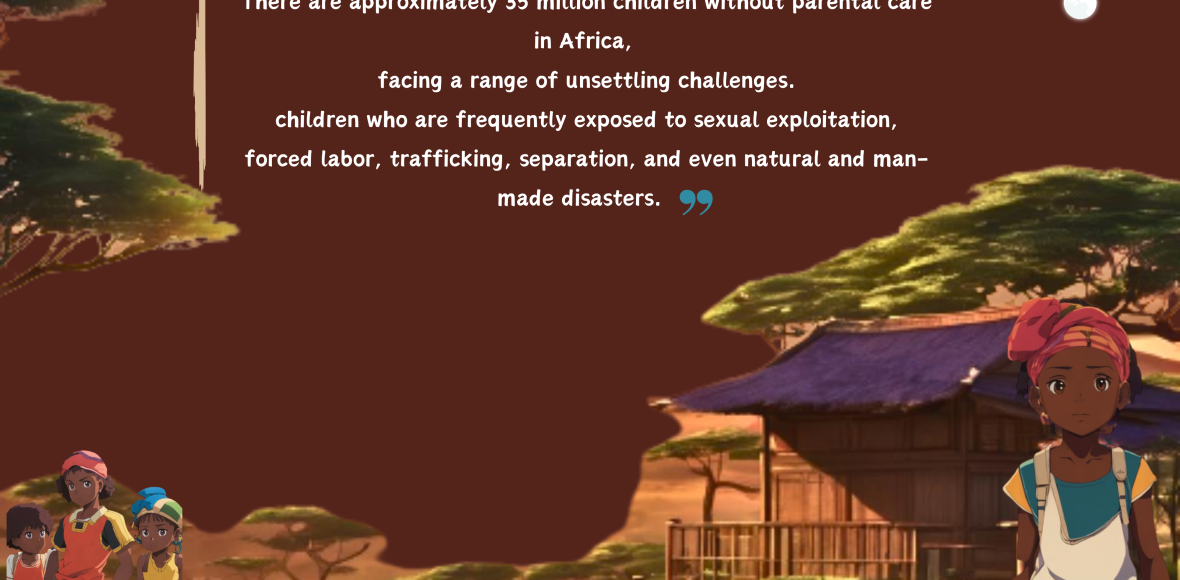
In a groundbreaking effort to address a critical issue affecting millions of children across Africa, the African Committee of Experts on the Rights and Welfare of the Child (ACERWC) has unveiled a comprehensive study on “Children Without Parental Care (CWPC) in Africa.” This study, conducted from 2020 to 2022, involved collaboration with African Union Member States, partner organizations, children, and young people and revealed some startling findings.
The report estimates that there are approximately 35 million children without parental care in Africa, facing a range of unsettling challenges. These children are frequently exposed to various forms of violence, including sexual exploitation, forced labor, trafficking, separation from parents and family, and even natural and man-made disasters. Many of them experience difficulties in accessing education and healthcare, and they often suffer from mental health issues, and engage in substance and drug abuse.
The study identified various causes and drivers behind the situations of CWPC, which included war and conflicts, climate change, pandemics, poverty, child trafficking, and socio-economic and cultural factors. Furthermore, it was revealed that a good number of African countries lack clear and complete child protection policy frameworks, leaving the majority of these vulnerable children without adequate protection.
To address the vulnerabilities faced by CWPC, governments and implementing partners have been undertaking programs aimed at preventing family separation through community empowerment, providing care and protection services, advocating for child rights, and reintegrating children back into their families of origin. The most common alternative care options across Africa include kinship care, foster care, Kafalah, residential care, and institutional care, although the availability of these options varies by region.
Above all, the study found that kinship care offers a remarkable opportunity to keep children within a family setting when they face the risk of losing parental care or experiencing family separation.
The study also captured the perspectives of children in different settings, revealing that children in alternative care settings reported positive experiences with regard to health and access to education. However, street children have encountered poor health and limited access to education. Many children in alternative care expressed gratitude for the care they received but also felt a sense of abandonment and insecurity about their future.
The report suggests that we should include discussions about child welfare and protection in the local area and urge countries to offer different ways to care for children. It recommends putting information about child welfare in the country’s data and creating helpful guidelines to help countries make good policies and plans. The report also says it’s important to make rules for all the ways we take care of children, and to make sure children are safe and protected.
African regions are also urged to support regional learning and information-sharing while recognizing and embracing best practices as shared benchmarks in an effort to address the underlying causes of CWPC. The report supports the licensing and inspection of alternative care providers in order to guarantee high standards and the welfare of the kids.
The study by the ACERWC clarifies a crucial issue and offers insightful advice to assist African countries in better safeguarding and assisting their most vulnerable children. It is a call to action, asking communities, governments, and organizations to unite in order to give the millions of African children who are not under parental care a better future.

Leave a Reply